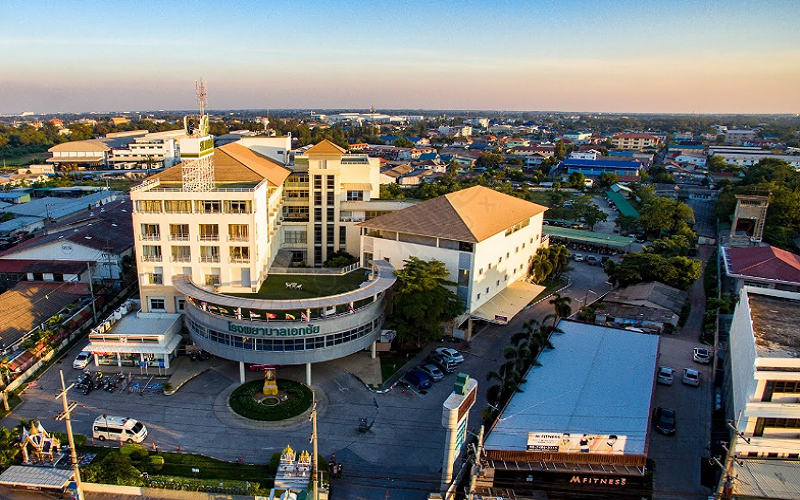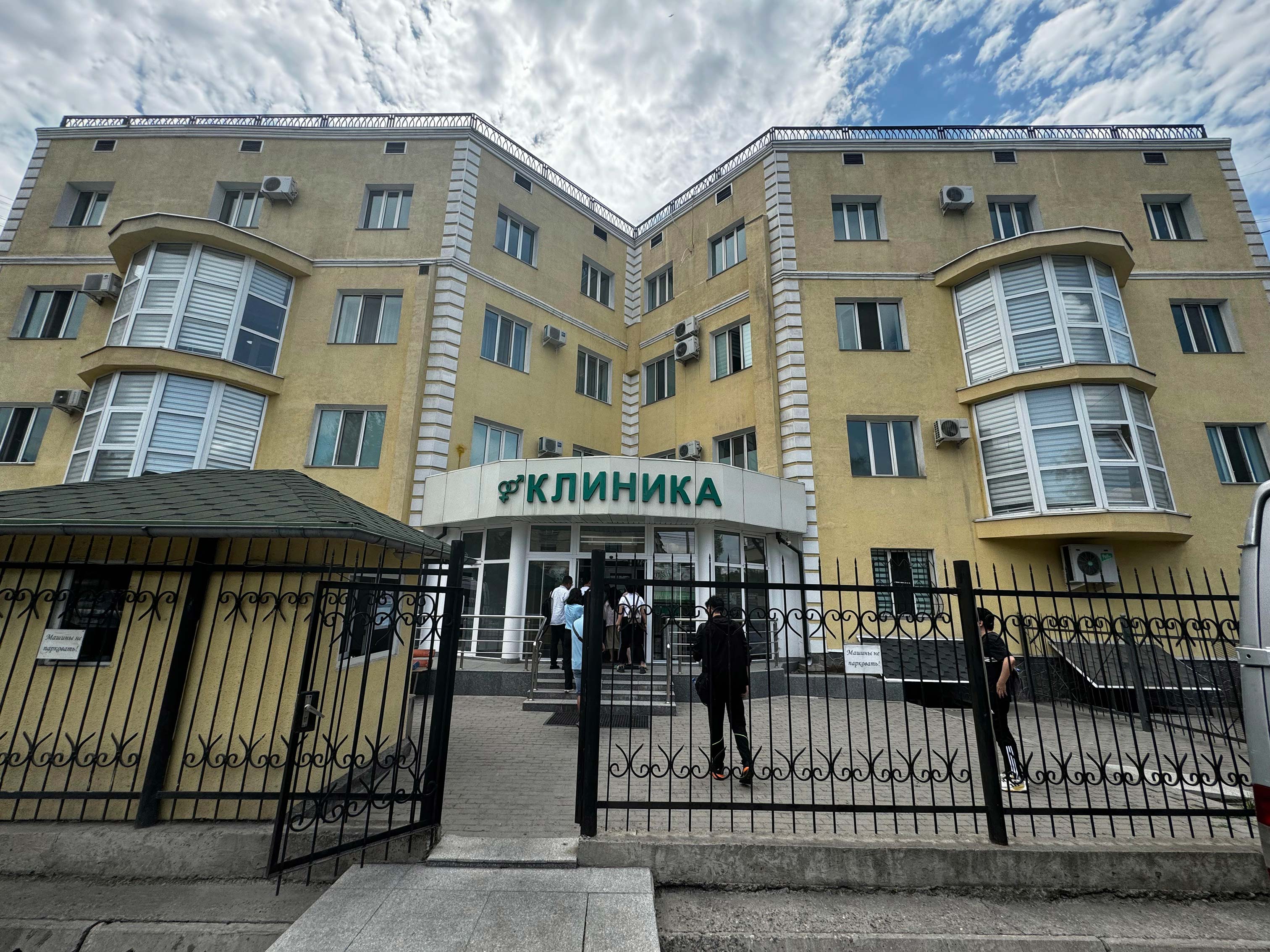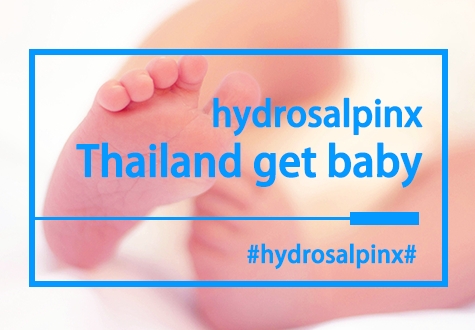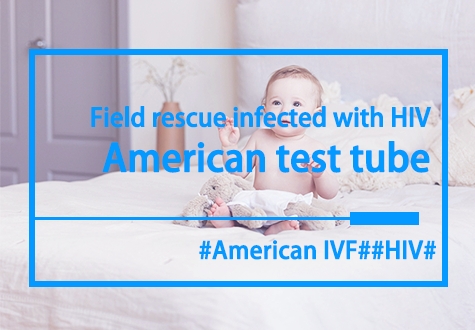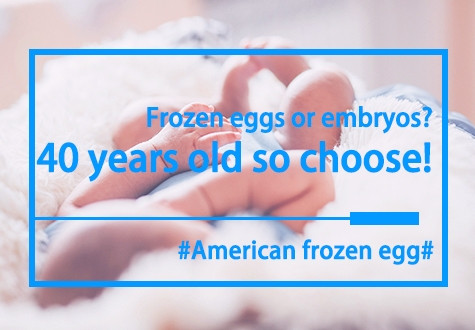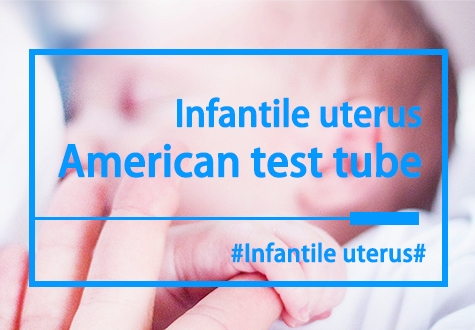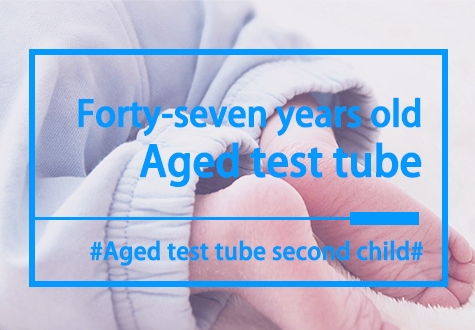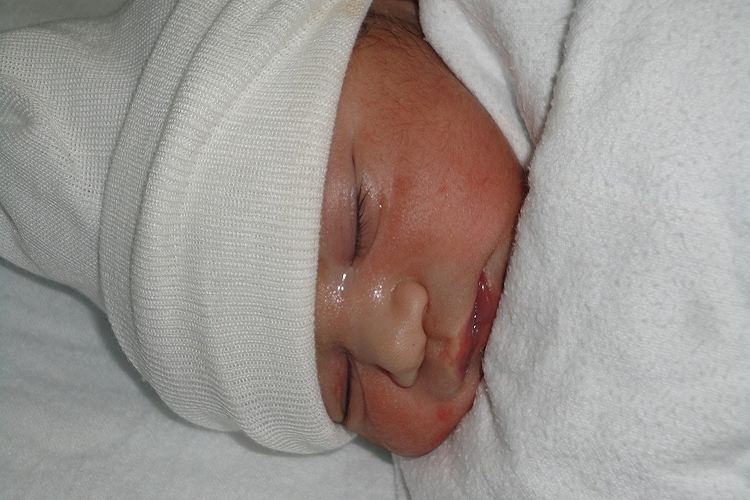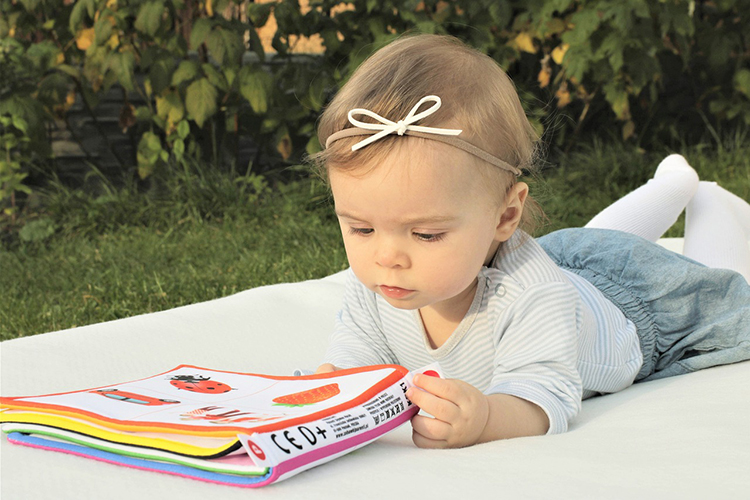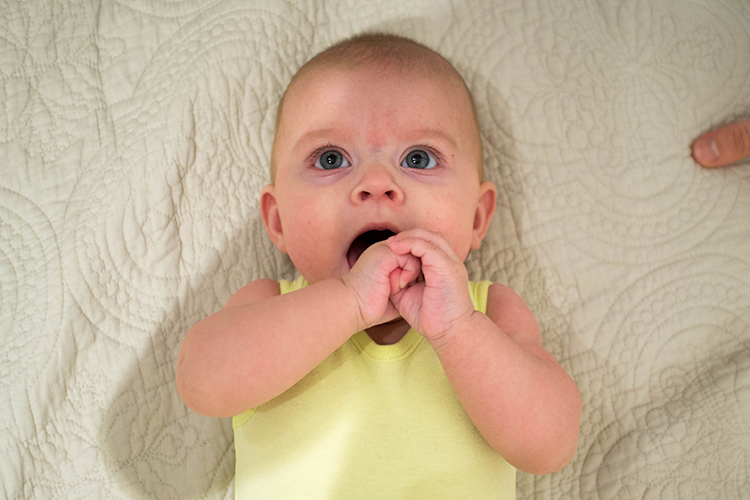What is the success rate of elderly IVF?
With social development and lifestyle changes, more and more women are choosing to have children at an older age, but advanced age can pose challenges to natural conception. This article will delve into the success rate and related factors of IVF in the elderly to provide detailed information for those who wish to know.
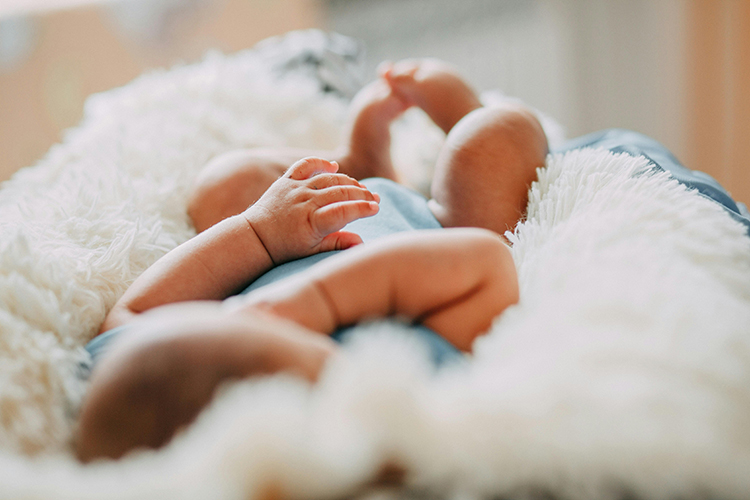
What is the success rate of elderly IVF?
Advanced women refer to women over the age of 35, whose success rate of natural conception gradually decreases due to decreased egg quality and decreased reproductive system function. For older couples, IVF has become a common assisted fertility option. Here are the factors to consider for the success rate of IVF at an older age:
Egg quality:
As women age, the quality of their eggs gradually declines, which can lead to problems with fertilization and embryo development, reducing success rates.
Uterine health:
The health of the endometrium is critical for implantation and development of the embryo, and uterine problems can affect pregnancy success.
Hormone levels:
Hormone levels in older women may be unstable, affecting ovulation and follicle development, which in turn affects the success rate of IVF.
Partner factor:
Male sperm quality also declines with age, potentially affecting fertilization success and embryo quality.
Statistics of success rate of aged IVF
According to clinical data and research, the success rate of elderly IVF is affected by a variety of factors, in general:
35-37 years: The success rate is about 30-35%.
38-40 years: The success rate is about 20-25%.
Over 40 years old: The success rate is about 10-15%.
The success rate gradually decreases with age, but there are still many elderly couples who realize their dream of having children through IVF technology.
If you or your family have any questions or questions about IVF or infertility issues, please contact the New Born IVF Facility. They will provide you with professional advice and support to help you develop the right treatment plan and achieve your fertility dreams.
Although the success rate of IVF in the elderly is low, the continuous progress of modern medical technology and the continuous improvement of assisted reproductive methods have brought more fertility opportunities and hope to elderly couples.

